 Devil's Disciples MC (Box Set)
Devil's Disciples MC (Box Set) Devil's Disciples MC Series- The Complete Boxed Set
Devil's Disciples MC Series- The Complete Boxed Set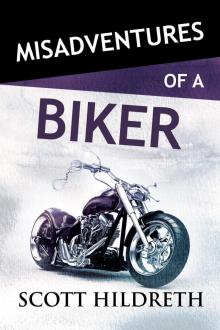 Misadventures with a Biker
Misadventures with a Biker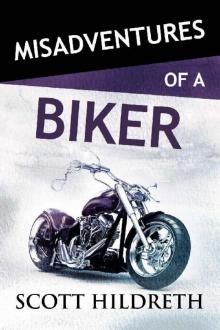 Misadventures of a Biker
Misadventures of a Biker His Rules
His Rules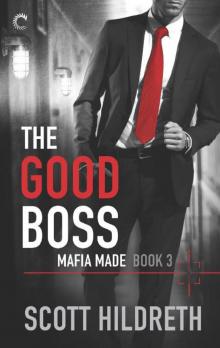 The Good Boss
The Good Boss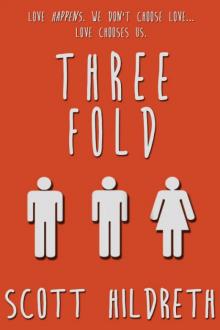 Threefold
Threefold DIRTY READS
DIRTY READS Confessions of a Smut Author
Confessions of a Smut Author CHEAP SMUT: Four Erotic Romance Novels (Boxed Set)
CHEAP SMUT: Four Erotic Romance Novels (Boxed Set) Fuck Buddy
Fuck Buddy Finding Parker
Finding Parker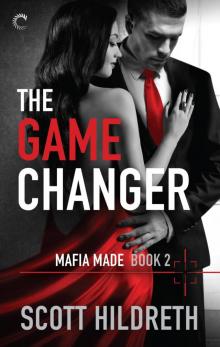 The Game Changer
The Game Changer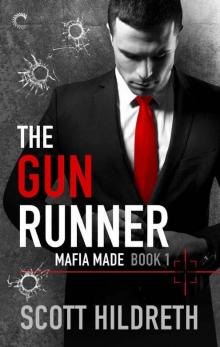 The Gun Runner (Mafia Made)
The Gun Runner (Mafia Made) NUTS (Biker MC Romance Book 5)
NUTS (Biker MC Romance Book 5) S is for SEX
S is for SEX Brawler
Brawler Broken People
Broken People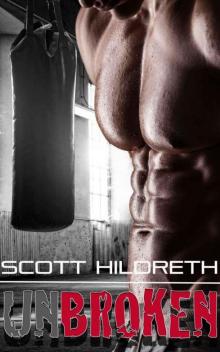 Unbroken (Fighter Erotic Romance #4)
Unbroken (Fighter Erotic Romance #4) Dick
Dick Unleashed
Unleashed Stepsister Seduction
Stepsister Seduction LOVER COME BACK_An Unbelievable But True Love Story
LOVER COME BACK_An Unbelievable But True Love Story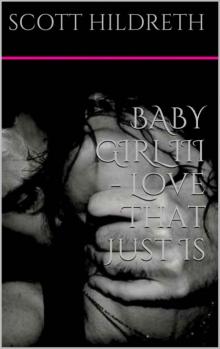 BABY GIRL III - Love That Just Is (THE ERIK EAD MC EROTICA SERIES)
BABY GIRL III - Love That Just Is (THE ERIK EAD MC EROTICA SERIES) Rough (Filthy F*ckers MC #2)
Rough (Filthy F*ckers MC #2)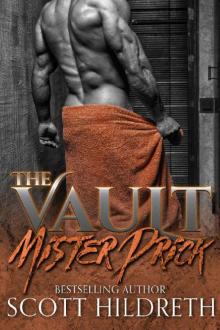 Mister Prick
Mister Prick FEELS LIKE THE FIRST TIME
FEELS LIKE THE FIRST TIME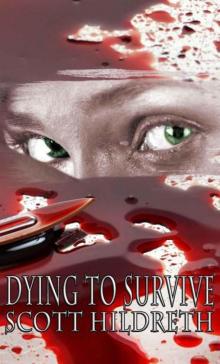 DYING TO SURVIVE (Dark Erotica)
DYING TO SURVIVE (Dark Erotica) EX-CON
EX-CON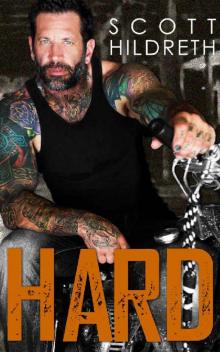 HARD: MC Romance (FF MC Romance Book 1)
HARD: MC Romance (FF MC Romance Book 1) RIGID (Biker MC Romance Book 4)
RIGID (Biker MC Romance Book 4)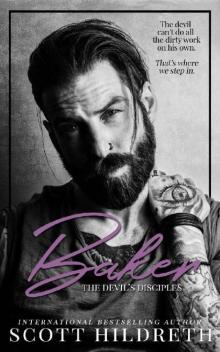 BAKER
BAKER THICK (Biker MC Romance Book 6)
THICK (Biker MC Romance Book 6) Christmas Dick (One-Handed Reads Book 1)
Christmas Dick (One-Handed Reads Book 1)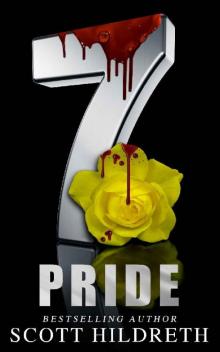 The 7: Pride
The 7: Pride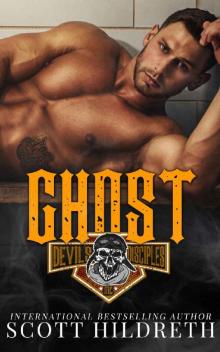 GHOST (Devil's Disciples MC Book 3)
GHOST (Devil's Disciples MC Book 3) BABY GIRL II For the Ones We Love
BABY GIRL II For the Ones We Love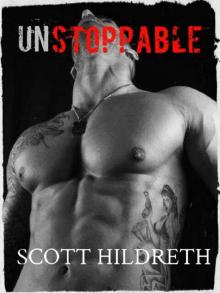 Unstoppable
Unstoppable Hung (Selected Sinners MC #4)
Hung (Selected Sinners MC #4) Otis (Selected Sinners MC #3)
Otis (Selected Sinners MC #3) KARTER
KARTER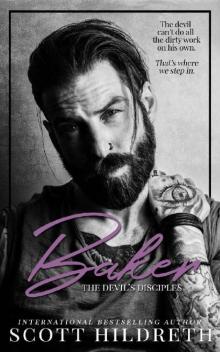 BAKER (Devil's Disciples Book 1)
BAKER (Devil's Disciples Book 1) BABY GIRL Let's Be Honest
BABY GIRL Let's Be Honest Hard Corps (Selected Sinners MC #7)
Hard Corps (Selected Sinners MC #7) HOT as F*CK
HOT as F*CK Pretty In Ink
Pretty In Ink The Fed Sex Man: Hot Contemporary Romance
The Fed Sex Man: Hot Contemporary Romance F*CKERS (Biker MC Romance Book 7)
F*CKERS (Biker MC Romance Book 7) Blurred Lines: Tattoo Romance (Bodies Ink and Steel)
Blurred Lines: Tattoo Romance (Bodies Ink and Steel)